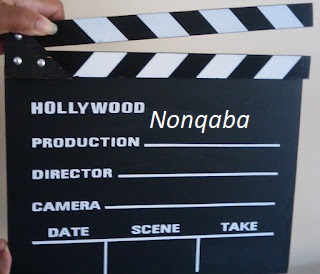Movie About Infidelity

Karan Johar’s Indian film Kabhi Alvida Naa Kehna is about forbidden fruit. Only two people know whether it is kiwi or mango. The fruit salad situation hurts other people when they found out. It is not fiction. It is my story and yours but is it worth all the pain? Hollywood calls it a crime of passion. It is quite simple really. Maya (Rani Mukherjee) marries Rishi (Abhishek Bachchan) out of gratitude because his family took her in when her parents died. Rishi’s father (Amitabh Bachachan) loves her and Rishi has loved her for years, but she feels otherwise. She finally gives in and agrees to marry him. What is the point of waiting for true love, something that doesn’t exist? Rhea meets Dev (Shah Rukh Khan), who is ‘the one’, but is already married to Rhea (Preity Zinta). The two strangers sit on a garden bench and discuss love and marriage. Dev convinces Maya to marry Rishi. Four years down the road, they meet again and despite their efforts to hold on th



